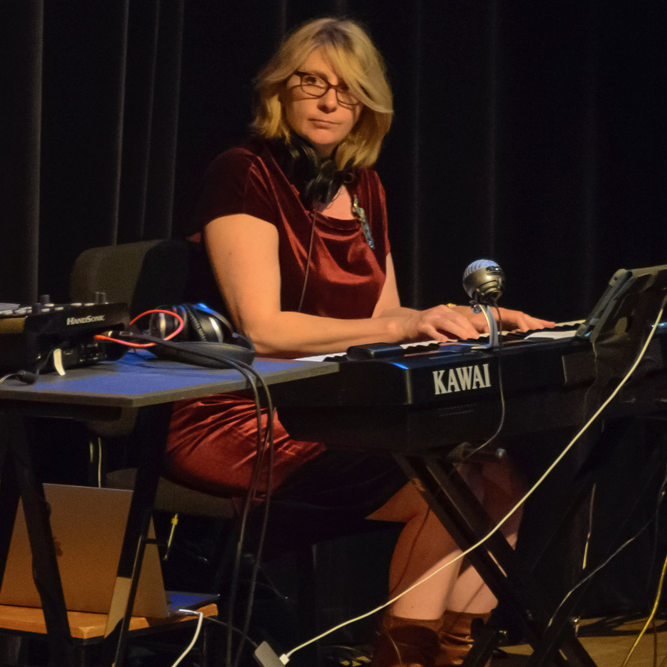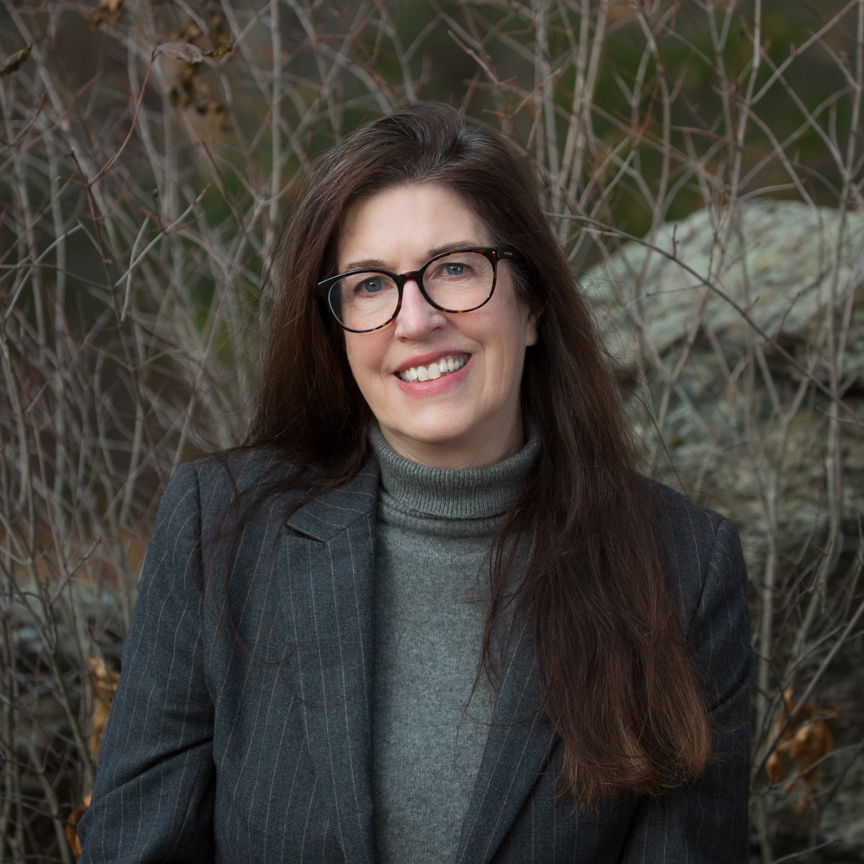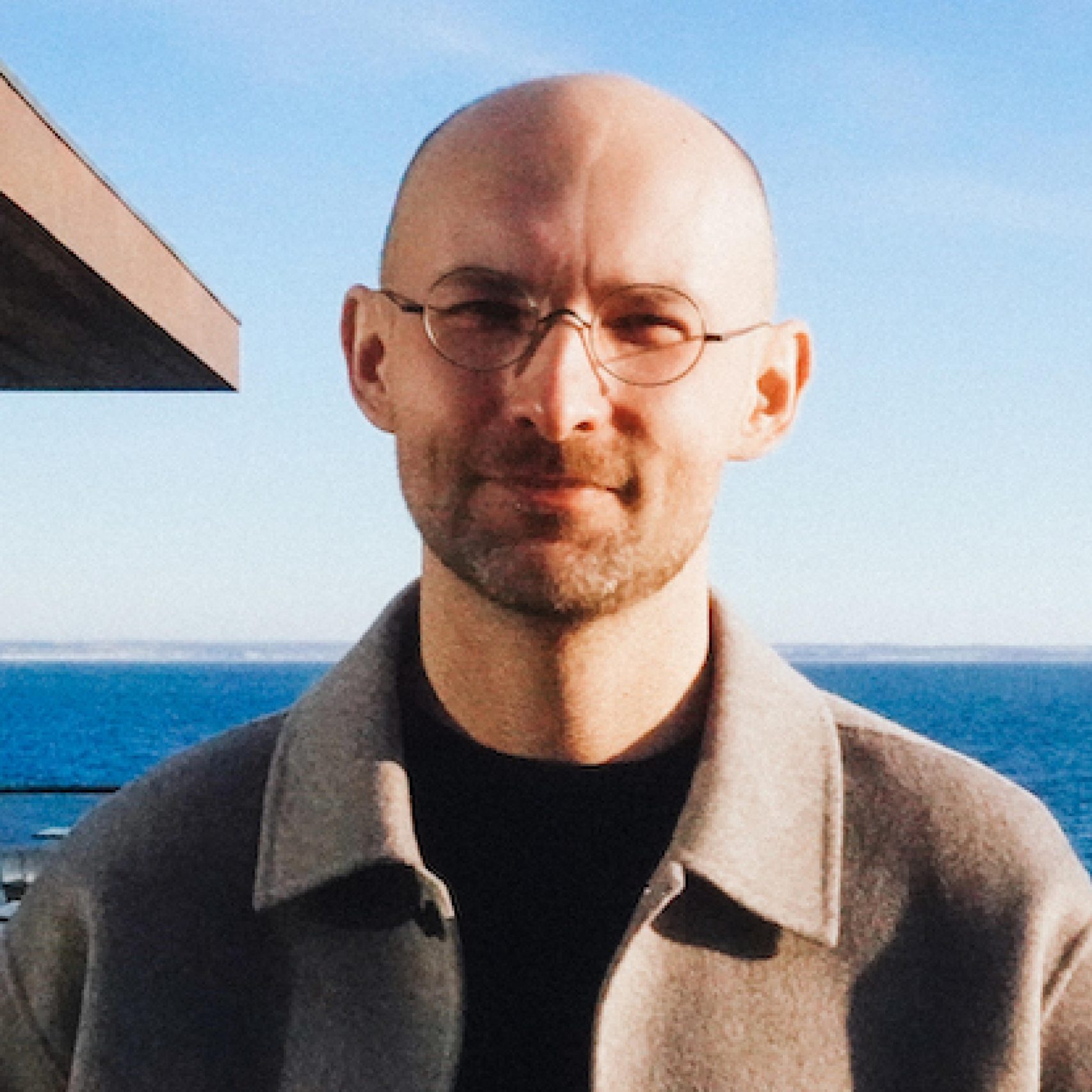Auditory and Cognitive Neuroscience and the State of Audio Technology
A Multi-Disciplinary Panel Discussion
As Dr Susan Rogers says, auditory science and brain science attract similar kinds of thinkers — those who are ok with imagining the mechanism and process. One of the most fascinating areas of neuroscience is the emerging theoretical framework known as ‘predictive processing’ which describes the brain as essentially a prediction machine which is a combination of ideas from psychology or neuroscience, machine learning and information theory. Fundamentally, every technology we develop in the audio industry is an interface with the brain. In recent years, advances in understanding how the brain works give us opportunities to discover novel approaches to audio interfaces, which should lead to the design of new products. This session will inform us better, as audio technology developers, about what kinds of tools can we develop that harness the brain’s abilities to advance the fields of music technology, audio engineering, live sound, music education and more.
Speaking is Dr Susan Rogers herself, sound engineer for Prince in the 1980s; with a doctorate in pyschology and a focus on music cognition and psychoacoustics, she is currently associate professor in the Music Production and Engineering and Liberal Arts departments at Berklee College of Music. We also welcome Dr Micha Heilbron who works is at the intersection of cognitive science and AI and is assistant professor in cognitive AI and computational cognitive (neuro)science at the University of Amsterdam. We are joined by cognitive computational neuroscientist Dr Ryszard Auksztulewicz whose is interested in prediction, memory, learning, attention, and their disorders.
Indicative themes include:
- Prediction
- Signal processing
- Compression
- Generative models
- Music preference
The format will be a panel with an in-person moderator with the online experts in their expansive fields including auditory and cognitive neuroscience, psychoacoustics, AI & ML, and music and sensory processing.

Rebekah Wilson
CEO
Source Elements
As a New Zealand-native living in the northern hemisphere, Rebekah understands very well how important it is to be connected even when separated by oceans; there is no excuse for creativity to suffer just because of where we are in the world. Her background as composer, software and networking programmer, and technology researcher saw her merge those passions when co-creating the industry standard in audio remote-recording software: Source-Connect. As CEO and technical director of Source Elements for twenty years, she promotes network technology in the production and digital arts and advocates for technology access and education, in order to enable economic and social growth and independence. Rebekah is an active participant in the drive towards a more inclusive industry, especially focused on supporting young and underrepresented persons who are looking for career support in music technology. Nothing would make her happier than to see more music tech businesses started by women and other marginalized groups. She also continues her research in the arts and network technology: she imagines a future where internet/music/film/media technologies merge, lessening the distances between time-based creators, artists, educators and students around the world and perhaps even further, to wherever humans will travel.

Susan Rogers
Professor
Berklee College of Music
Susan Rogers holds a doctoral degree in behavioral neuroscience from McGill University (2010). Prior to her science career, Susan was a multiplatinum-earning record producer, engineer, and mixer. She is best known for her work with Prince during his peak creative period (1983–1987). Her discography includes records with David Byrne, Barenaked Ladies, Geggy Tah, Nil Lara, Robben Ford, and many others. In 2021 she became the first female recipient of the Music Producer’s Guild Award for Outstanding Contributions to U.K. Music. She teaches psychoacoustics, neuroscience, and music cognition for Berklee College of Music Online. Her book on music listening, This Is What It Sounds Like: What the Music You Love Says About You, is published by W. W. Norton & Co. and is available everywhere books are sold.

Micha Heilbron
Micha Heilbron is an Assistant Professor of Cognitive AI at the University of Amsterdam, based at Amsterdam Brain and Cognition (ABC). He works at the intersection of cognitive (neuro)science and AI, studying how brains and artificial neural networks -- in particular large language models (LLMS) -- understand language and make sense of the world.

Ryszard Auksztulewicz
Assistant professor
Maastricht University
Ryszard is a neuroscientist specialising in the neural mechanisms of prediction, attention, and memory. His work combines empirical research methods from cognitive and systems neuroscience with computational modelling. He completed his doctorate at the Berlin School of Mind and Brain in 2013, followed by postdoctoral training in leading labs including University College London, Oxford University, City University Hong Kong, the Max Planck Institute for Empirical Aesthetics, and the European Neuroscience Institute. He established his research group at the Free University Berlin in 2022 and joined faculty of Maastricht University in 2024. In his free time he enjoys experimental and adventurous music of all genres.